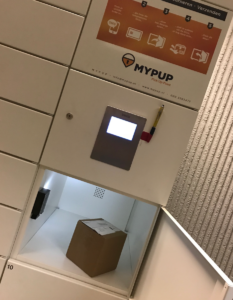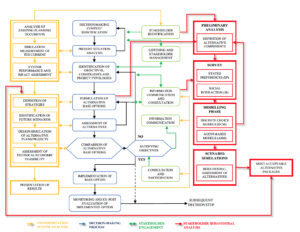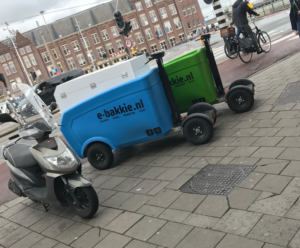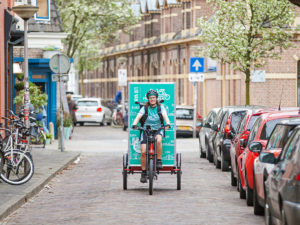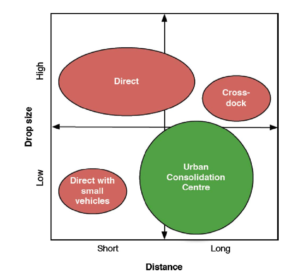Moving from zero-emission to zero-impact city logistics

To date, the impact of city logistics on improving air quality within urban areas has been limited. While the emphasis on adopting clean vehicles is beneficial for air quality, it is essential to address the creation of economically viable, important, and health-promoting city centers and neighborhoods in formulating urban freight policies. The central focus should …

